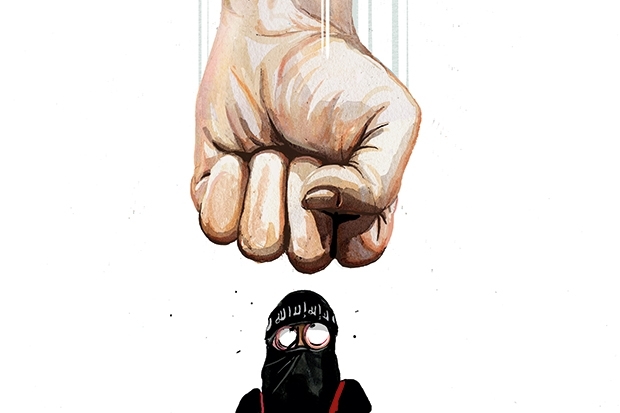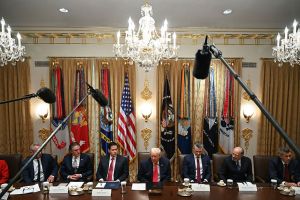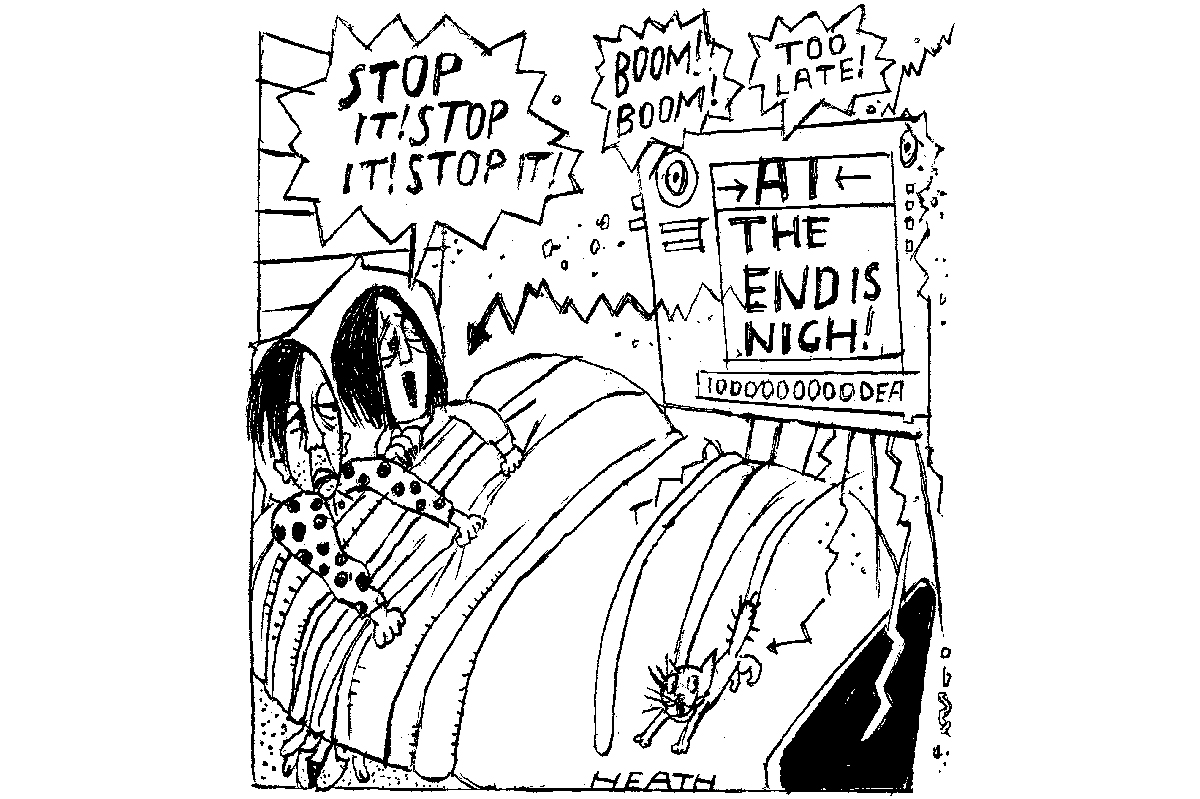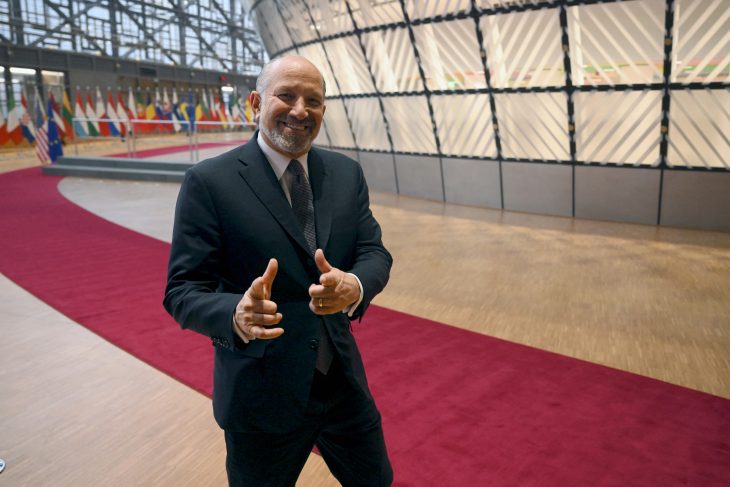Last week, Pakistan’s Supreme Court ordered the release of UK-born Ahmed Omar Saeed Sheikh who was accused of kidnapping and beheading the Wall Street Journal reporter Daniel Pearl. The verdict came after Sindh High Court overturned the death penalty for Sheikh and three alleged abettors last year, ruling that there was insufficient evidence to find them guilty of murder and stating that they had served their sentence for their role in the kidnapping.
The decision has outraged Washington, with Joe Biden’s new State Department chief Antony Blinken dubbing it an ‘affront to terrorism victims everywhere’ and announcing his readiness to prosecute Sheikh in the US. As the Pearl family prepares to appeal the verdict, Pakistan’s Supreme Court has temporarily halted Sheikh’s release after seven years in prison. But since any review would be heard by the same judges, the decision from the top court is unlikely to be reversed.
Pearl was in Pakistan in January 2002 researching Islamic extremism when he was kidnapped, having being lured into a Karachi restaurant on the promise of an interview. The 38-year-old believed he was meeting with an Islamic cleric linked to the notorious ‘shoe bomber’ Richard Reid. Just over a week later, the US consulate received the grim videotape of Pearl’s beheading.
At the time of the video’s release, Sheikh was already under arrest in connection with Pearl’s kidnapping. The Supreme Court’s decision to release Sheikh came days after the publication of a letter he had written admitting his ‘limited’ role in Pearl’s beheading. The idea that he is, therefore, some kind of victim of Pakistan’s compromised legal system — an idea that his supporters have been keen to promote — doesn’t quite wash. He was, at the very least and by his own admission, a self-confessed abettor to a jihadist kidnapping.
There is evidence of Sheikh’s jihadist sympathies stretching back at least a decade prior to Pearl’s murder. He confessed to waging a ‘holy war’ in Bosnia before joining Kashmir-bound terror outfit Harakat-ul-Ansar. It seems he became close to members of the Anglo-Pakistani Jihadist network, becoming the right-hand man of Masood Azhar (described by the BBC as ‘the man who brought jihad to Britain’) and eventually working in tandem with al-Qaeda. Osama bin Laden once reportedly called Sheikh his ‘special son’.
The former London School of Economics student was arrested in India for kidnapping three Brits and an American in 1994. His importance in South Asian jihadist networks was proven when in 1999 an Indian Airlines aircraft was hijacked, its passengers held hostage in return for Sheikh’s freedom.
According to US intelligence, Sheikh was also involved in 9/11, sending money (over $100,000) to the hijackers’ ringleader. Perhaps this too could be used as evidence of his involvement — or at least proximity to — Pearl’s murder: one of the masterminds behind the twin towers attack Khalid Sheikh Mohammed admitted wielding the knife. Ironically, this confession was used by Ahmad Sheikh’s defense counsel as evidence of their client’s innocence.
Even in prison, Sheikh vowed allegiance to the leader of the Taliban. In 2009 he managed to make hoax calls to Pakistan’s president Asif Ali Zardari, imitating the then Indian foreign minister, while nearly bringing Islamabad and New Delhi to the brink of war in the aftermath of the 2008 Mumbai attacks.
Understandably, the verdict in favor of Sheikh has sparked outrage among the journalist rights groups. Pakistan is a country where journalists are frequently killed and abducted while the media is increasingly gagged. Sheikh’s case has been synonymous with Pakistan’s counter-jihadist failures for the past two decades. These verdicts come from the judiciary of a country that is touting itself as the ‘only success story’ in the war on terror. In fact, Sheikh’s questionable treatment by the Pakistani state doesn’t end there.
He was critical to the military establishment’s use of jihadist groups as strategic assets in the region. Pakistan’s Inter-Services Intelligence service even paid Sheikh’s legal fees while he was under arrest in India. The former Pakistani general turned president Pervez Musharraf, who spearheaded the policy of using South Asian jihadist groups for over a decade, claimed in his memoir that Ahmad Sheikh was in fact an ‘MI6 agent’.
Jihadis like Sheikh have proved useful to the Pakistani state when it comes to achieving strategic goals in Kashmir and northern India. Meanwhile, the Taliban and al-Qaeda have been crucial in Pakistan’s plans to influence the political future of Afghanistan. A year ago, Islamabad celebrated as the Donald Trump regime negotiated a truce with the Taliban. Last year, Imran Khan also lauded Bin Laden as a ‘martyr’ for Islam, before spending months on a hypocritical crusade against France’s counter-jihadist measures.
The Daniel Pearl verdict has come less than a month into Biden’s presidency and creates the first real flashpoint in US-Pakistan relations. Washington is keen to prosecute the Islamist, despite the lack of any extradition treaty. Meanwhile, the inclusion of the Taliban in the Afghanistan peace process, pushed by Islamabad, was a major faux pas from the Trump administration.
There is unlikely to be a thaw between Washington and Islamabad. Pakistan under Imran Khan continues to shield Islamist leaders while failing to protect its own citizens from the excesses of terrorist ideology. Sheikh’s release will likely see him return to a position of prominence within the global jihadist movement — and perhaps even his use by Pakistan’s military for its own duplicitous ends.
This article was originally published on The Spectator’s UK website.

























